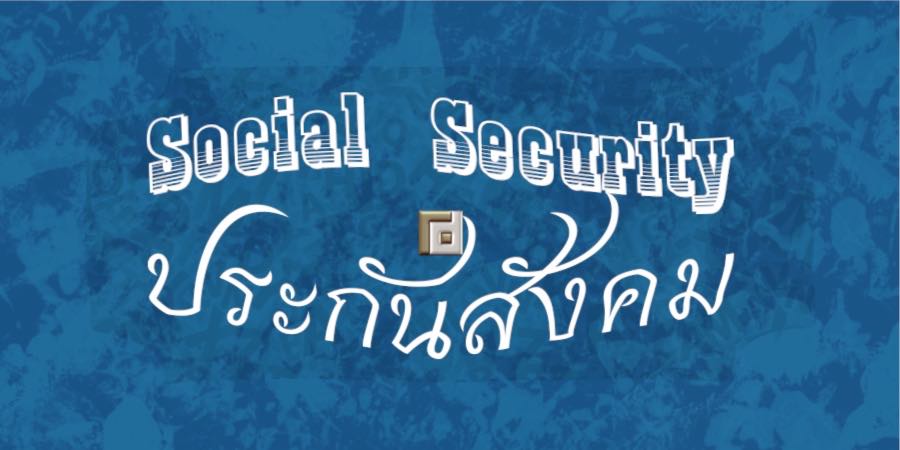28/08/2018
The Labor Protection Act of 1998 is applicable to all employees and employers, except for the government administration and state enterprises. The Labor Protection Act regulates the minimum rights of both the employee and employer by defining the working hours, welfare funding, holidays, days of sick leave or educational leave, overtime, work safety.










